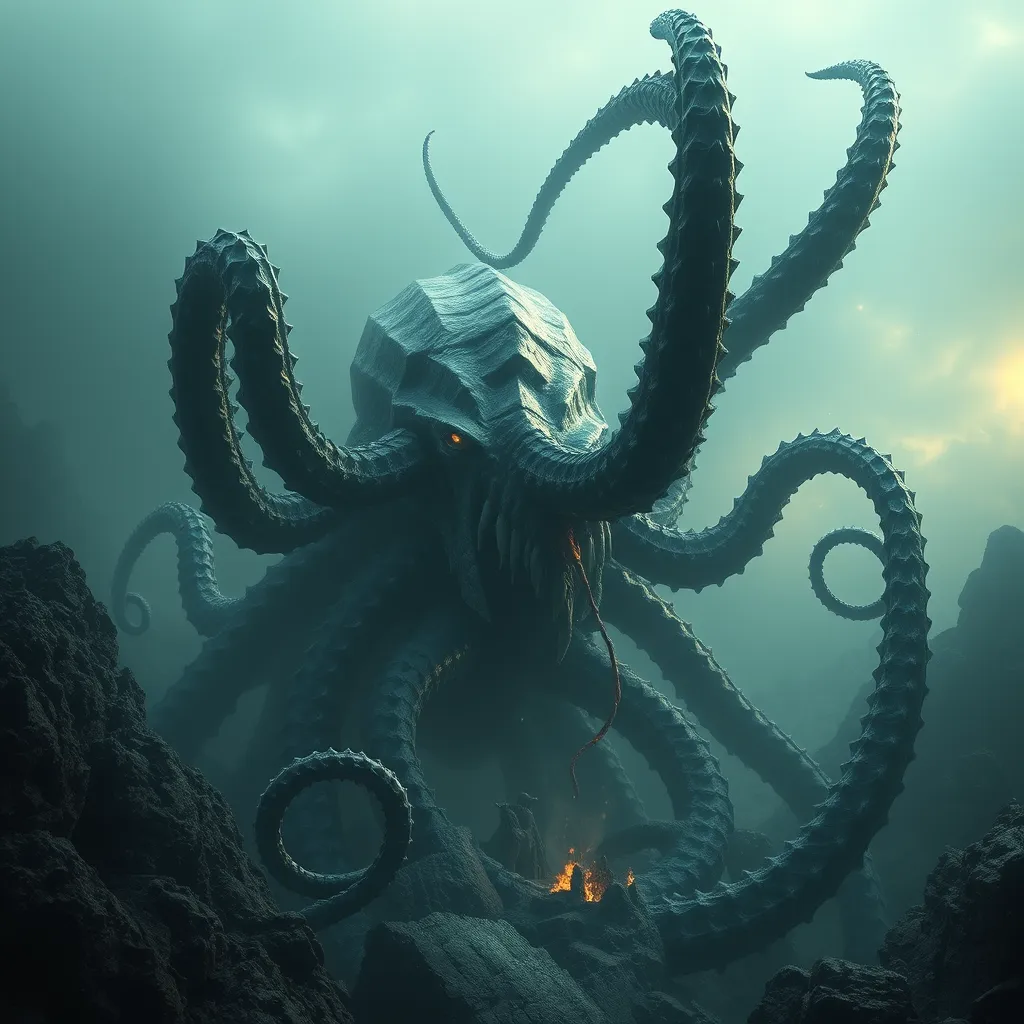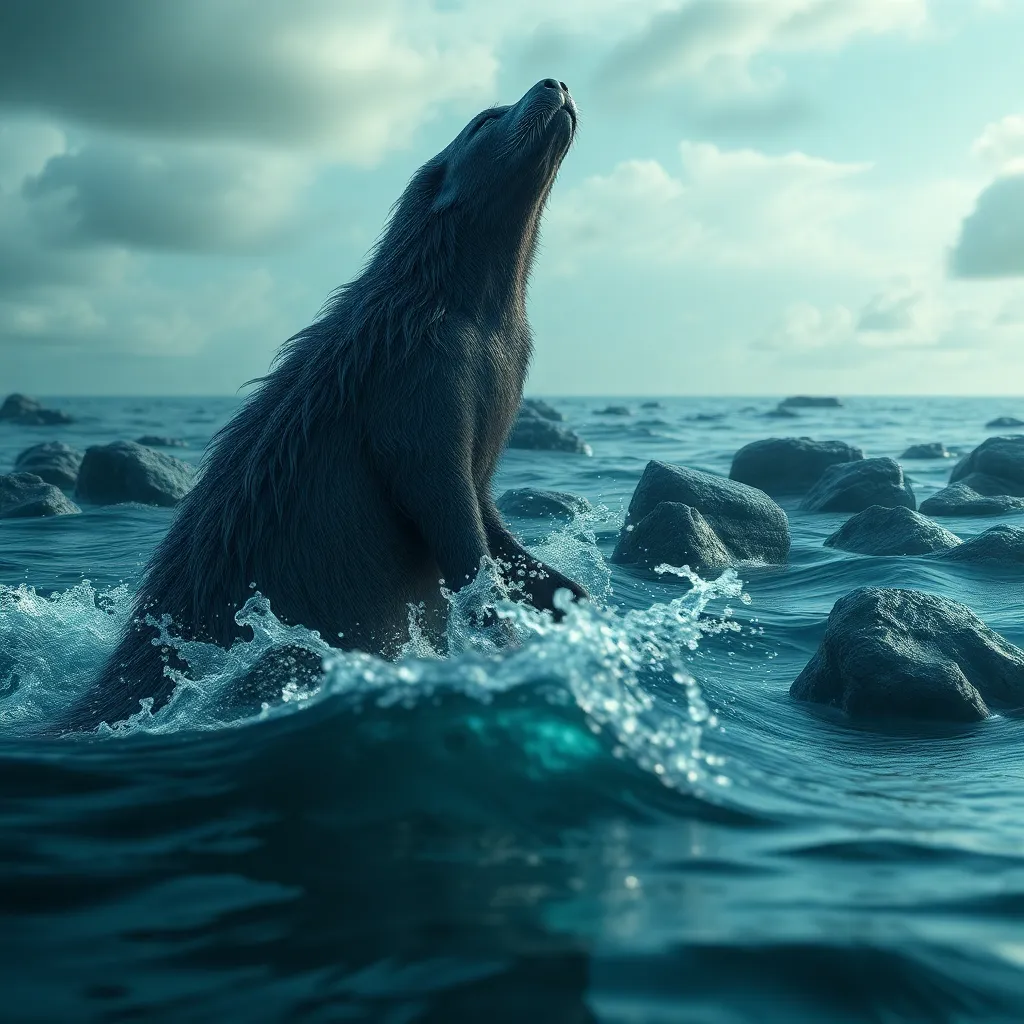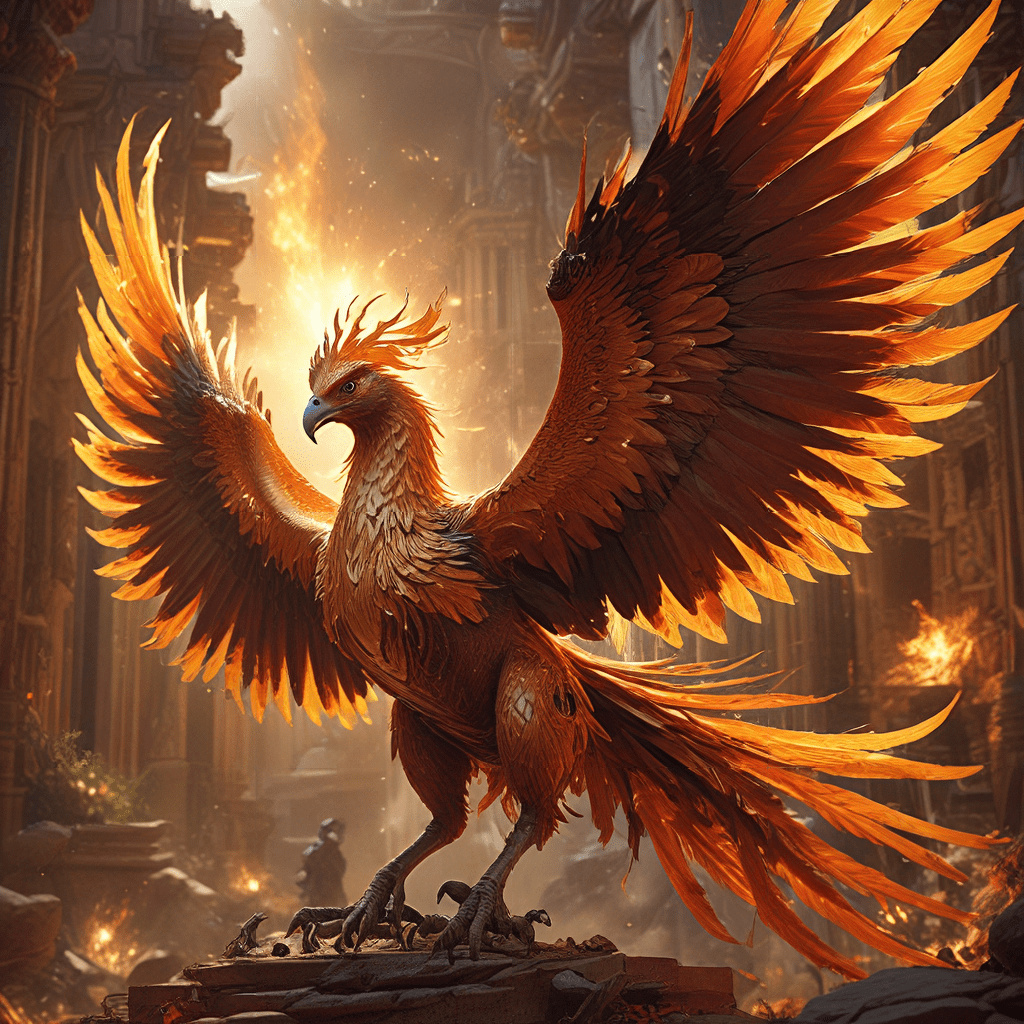The Kraken’s Future: Exploring the Monster’s Potential for Future Myths and Legends
I. Introduction
The Kraken, a legendary sea monster, has captivated the imaginations of people for centuries. Traditionally depicted as a giant cephalopod, the Kraken is said to dwell off the coast of Norway and Greenland, terrorizing sailors and dragging ships beneath the waves. This mythical creature has evolved over time, becoming a symbol of the unknown depths of the ocean and the fears that accompany it.
This article aims to examine the Kraken’s potential for inspiring future myths and legends. We will explore its historical context, modern representations, scientific underpinnings, and symbolic meanings, ultimately considering how this ancient myth can evolve in contemporary storytelling.
II. Historical Context of the Kraken
A. Origins of the Kraken myth in folklore
The origins of the Kraken myth can be traced back to Scandinavian folklore. Sailors would recount tales of monstrous sea creatures that could pull entire ships under the surface. Early accounts described the Kraken as a colossal squid-like creature, often exaggerated in size and ferocity.
B. Evolution of the Kraken in literature and popular culture
Throughout history, the Kraken has appeared in various literary works, from Alfred Lord Tennyson’s poem “The Kraken” to Jules Verne’s “Twenty Thousand Leagues Under the Sea.” With each retelling, the creature’s characteristics have shifted, reflecting societal fears and fascinations with the sea.
C. The Kraken’s role in maritime history and superstition
The Kraken has played a significant role in maritime history, often representing the dangers of the ocean. Sailors relied on stories of the Kraken to explain mysterious disappearances and shipwrecks, instilling a sense of superstition about the deep waters.
III. The Kraken in Modern Culture
A. Representation in films, games, and literature
In modern culture, the Kraken has been prominently featured in films such as “Pirates of the Caribbean” and video games like “Sea of Thieves.” These representations often emphasize its monstrous size and power, reinforcing the creature’s fearsome reputation.
B. The impact of the Kraken on modern storytelling
The Kraken’s presence in contemporary narratives has inspired a new wave of storytelling. It serves as a metaphor for the struggles against overwhelming odds, often embodying humanity’s fight against nature.
C. Comparison with other mythical creatures in contemporary narratives
- The Leviathan: Similar to the Kraken, the Leviathan represents chaos and is often used in religious texts.
- Dragons: Another powerful creature, dragons symbolize greed and destruction, often in contrast to the Kraken’s representation of the ocean.
- Chimeras: Mythical hybrids that explore the idea of the unknown, akin to the mysterious nature of the Kraken.
IV. The Science Behind the Legend
A. Marine biology and the search for real-life inspirations
Marine biology has provided insights into the creatures that may have inspired the Kraken myth. Giant squids, for instance, were once thought to be mere legend until their existence was confirmed through scientific exploration.
B. Recent discoveries of deep-sea creatures that resemble the Kraken
Recent deep-sea explorations have uncovered fascinating creatures that evoke the image of the Kraken. For example, the colossal squid and the giant octopus share traits with the legendary beast, blurring the lines between myth and reality.
C. The role of scientific exploration in shaping myth
As science uncovers more about the ocean’s depths, it continuously reshapes our understanding of marine life. This exploration not only validates some aspects of the Kraken myth but also inspires new stories grounded in scientific discovery.
V. The Kraken as a Symbol
A. The Kraken in the context of environmental issues and ocean conservation
In recent years, the Kraken has emerged as a symbol of ocean conservation. As threats to marine ecosystems grow, the creature’s image serves as a reminder of the fragility of ocean life and the importance of protecting our waters.
B. How the Kraken represents humanity’s fears and fascination with the unknown
The Kraken embodies humanity’s dual fascination and fear of the ocean. It represents the mystery of the deep, the unpredictability of nature, and the limits of human understanding.
C. The potential for the Kraken to symbolize resilience in modern society
In a world facing numerous challenges, the Kraken can symbolize resilience. It can represent the fight against adversity, echoing the struggles of individuals and communities against overwhelming odds.
VI. The Future of Kraken Myths
A. Predictions for the Kraken’s role in future storytelling
As technology and storytelling evolve, the Kraken is likely to adapt as well. Future narratives may explore themes of environmentalism, technology, and personal struggle, blending traditional elements of the myth with contemporary issues.
B. The influence of technology and social media on myth-making
Social media platforms provide a new avenue for myth-making, allowing creators to share and reinterpret the Kraken myth in real-time. This accessibility could lead to a resurgence of interest, inspiring new generations of storytellers.
C. Opportunities for new narratives surrounding the Kraken
- Interactive storytelling through virtual reality experiences.
- Documentaries exploring the ecological significance of marine life.
- Literature that reimagines the Kraken from different cultural perspectives.
VII. Case Studies: New Kraken Stories
A. Examples of recent literature or media featuring the Kraken
Recent works, such as “The Kraken” by China Miéville and the animated series “Tales from the Loop,” have introduced the creature in innovative ways, blending fantasy with contemporary themes.
B. Analysis of how these stories reinterpret the Kraken myth
These narratives often focus on the Kraken as a misunderstood creature, highlighting themes of empathy and environmentalism. By shifting the perspective, they challenge traditional notions of the monster.
C. Interviews with creators exploring new Kraken narratives
Several creators have expressed their fascination with the Kraken. For instance, author Sarah S. has stated, “The Kraken is not just a monster; it’s a testament to the mysteries of our world and the need to explore them responsibly.”
VIII. Conclusion
The Kraken’s enduring legacy and potential for future myths highlight the importance of mythical creatures in human culture. As we continue to explore our oceans and confront our fears, the Kraken will likely evolve alongside us, inspiring new stories and interpretations.
In conclusion, engaging with the myth of the Kraken provides a unique opportunity for creativity and reflection. We invite readers to contribute to the evolution of this timeless legend, ensuring that the Kraken remains a vital part of our cultural narrative.




